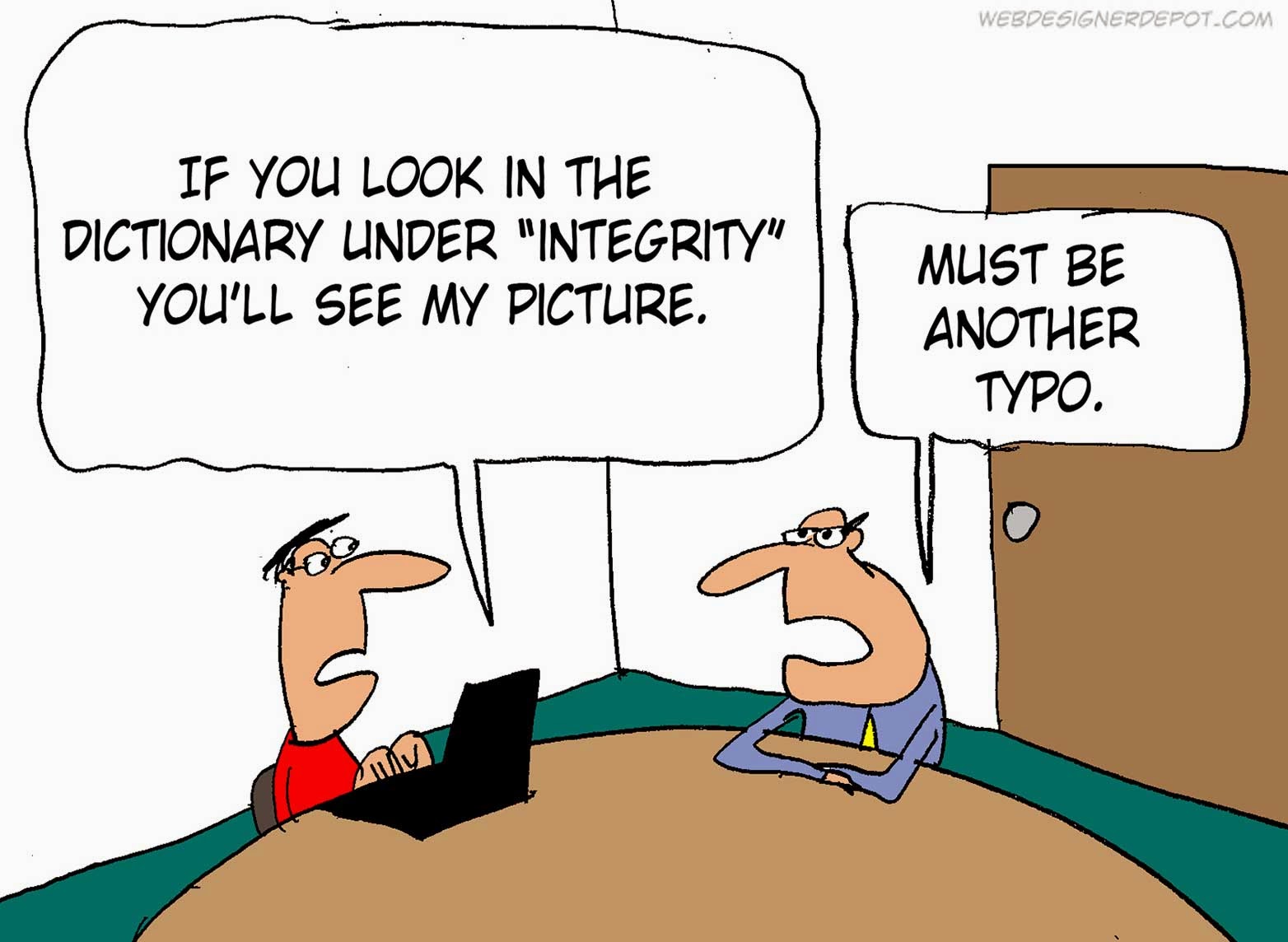The Definition of Integrity is Important in Education
We often hear the word "integrity" as a characteristic that everyone should possess.
However, many of us don't stop and think about the exact meaning of this word, or how to apply it in our lives.
It's hard to define integrity because it's a somewhat subjective term. In his 1996 book Integrity, the Yale University law professor Stephen Carter states that possessing integrity requires three steps.
The first step is to slow down and discern what is right and what is wrong. Mr Carter notes that this step is often lost in a world increasingly concerned with speed. Second, a person should act on what has been discerned. Third, acting is not enough - a person should say openly that they are acting on their understanding of right from wrong, showing that the person is unashamed of acting on their moral reasoning.
Mr Carter's notion of integrity agrees with Islamic teachings, which commands us to do what's right and be proud of it. Having integrity is an important part of our religion. The Arabic word for integrity, nazahah, means doing the right thing regardless of the situation. People who hold this characteristic abstain from doing wicked acts.
Integrity is a concept that should be included in every part of our lives. We should practice integrity in everything we do or say - not just at home or when we're at the mosque.
One of the most important areas that requires integrity is in education, since it's the foundation of our intellectual standards. Education is the first step towards living our lives and working for the benefit of our society. Therefore, we, as Emiratis, should act with integrity during every part of our learning process.
Unfortunately, many students don't think about integrity when they go to their schools or universities. In reality, we have corruption - the opposite of integrity - among some students. Corruption, according to Mr Carter, is "getting away with things we know to be wrong". This means that we do some wrong things even though we know in our hearts that we shouldn't.
Many students know that they are doing something wrong - cheating - but they still do it to get their grades. Some cheat on their exams by taking a peek at their classmates' answers. Other students apparently pay money for specialists to do their assignments and projects for them. They make excuses, saying that they can cheat just a little, just once, to help their friends.
All of this is cheating, the worst form of educational corruption.
If everyone followed the same path in attaining an education and having an undeserved degree, then our collective actions would have a devastating impact on our society. Imagine if a doctor bought his medical degree and then went to work in our hospitals. What kind of medical malpractice mistakes would we face?
The negative behaviour among some students can have a huge impact on our society. Because of it, we could have new graduates who are not actually capable of working. In addition, this practice makes it hard to differentiate between those who deserve a new position and those who don't. It also makes it tough for employers to determine who is the right person for the right job. As a result, cheating negatively affects our lives.
This is a serious problem that needs to be addressed. Parents should teach their children to practise integrity in every part of their lives, at home and at school. They should demand that their children behave in a manner that agrees with their words. Students should start practicing integrity in everything they do and accept that cheating won't help them learn anything.
GET IT NOW!!!!:D
In this book, a teacher educator examines her practice as a way of learning about teaching as well as challenging teacher education. It is about how one teacher educator sought to transform the perspectives of her student teachers, in order to better prepare them to teach diverse populations of students, while challenging her own beliefs about how best to do that. The author seeks integrity in her practice, defined as her ability to enact what she teaches preservice teachers to do. This self-study contributes to understanding the broader question: How much can one affect and change the discourse within education when one also inhabits the characteristics that are privileged by the institution?
The teacher education literature supports the need to study this type of self-reflection. This book offers a unique perspective on the analogous relationship involved when a teacher educator teaches teachers how to examine the impact of their own identities on their teaching while examining that herself.


